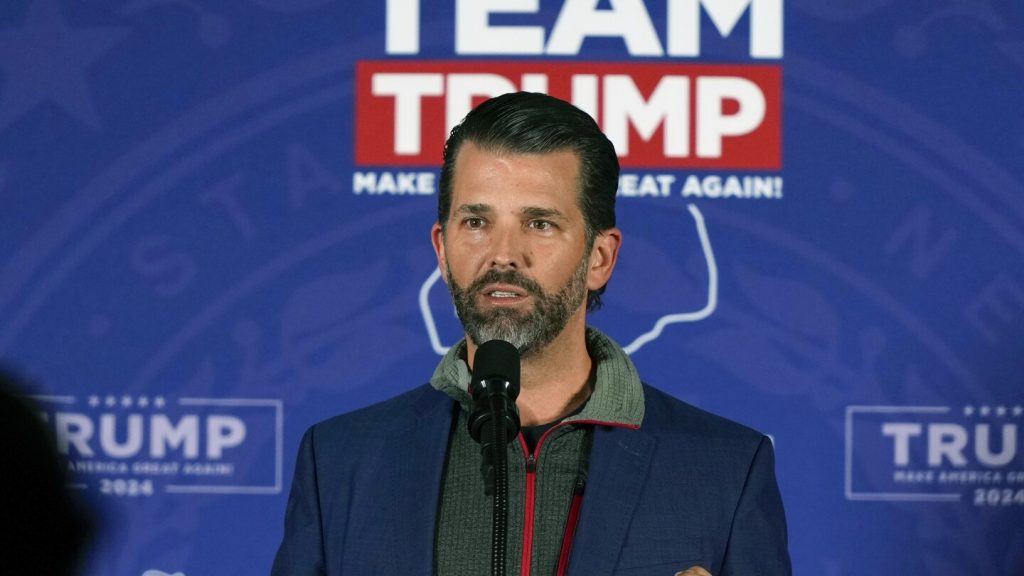The 4th U.S. Circuit Court of Appeals in Richmond, Virginia, has rejected former coal executive Don Blankenship’s bid to sue Donald Trump Jr. for defamation. Blankenship, the former CEO of Massey Energy, served a year in prison on a misdemeanor charge after being found guilty of conspiring to violate safety standards at a West Virginia mine where 29 men were killed in an explosion in 2010. The court found that Trump Jr. did not publish his statement calling Blankenship a “felon” with actual malice.
Blankenship had also sued CNN, Fox News, and 14 other media outlets for coverage of his unsuccessful 2018 U.S. Senate campaign, alleging that they did not act with actual malice but failed to meet journalistic standards. The appeals court affirmed a determination by a district court that the media outlets did not act with actual malice. The U.S. Supreme Court rejected Blankenship’s appeal in this case as well as his appeal of his misdemeanor conviction.
This legal battle stemmed from comments made by Donald Trump Jr. in May 2018 on social media, where he referred to Blankenship as a “felon.” Blankenship, however, failed to prove that Trump Jr. had published the statement with actual malice, leading to the court’s decision to uphold the lower court’s ruling against Blankenship. The former coal executive’s attempts to hold both Trump Jr. and various media outlets accountable for their coverage have been unsuccessful in both the appeals court and the Supreme Court.
Despite Blankenship’s arguments that he had been defamed and that media outlets had not acted with actual malice in their coverage of him, the courts have consistently ruled against him. Blankenship’s conviction and imprisonment for violating safety standards at a West Virginia mine have continued to follow him in legal battles and attempts to clear his name. The rejection of his appeals by the U.S. Supreme Court has solidified the rulings against him in the lower courts, leaving Blankenship without legal recourse in these matters.
The legal battles between Blankenship and various parties, including Donald Trump Jr. and media outlets, have highlighted the complexities of defamation law and the challenges of proving actual malice in such cases. Blankenship’s efforts to seek justice and clear his name have faced significant legal hurdles, with courts consistently ruling against him. The rejection of his appeals by the U.S. Supreme Court indicates a finality to these legal battles, leaving Blankenship without further recourse in his attempts to hold others accountable for their statements and coverage of him.
As the legal saga between Blankenship, Trump Jr., and media outlets comes to a close with the rejection of Blankenship’s appeals, the former coal executive is left to contend with the repercussions of his actions at the West Virginia mine. The courts’ rulings against him have underscored the importance of upholding safety standards in the mining industry and holding individuals and companies accountable for violations that lead to tragedy. Blankenship’s legal battles have highlighted the challenges of navigating the legal system in cases of alleged defamation and misconduct, ultimately resulting in a definitive ruling against him.


